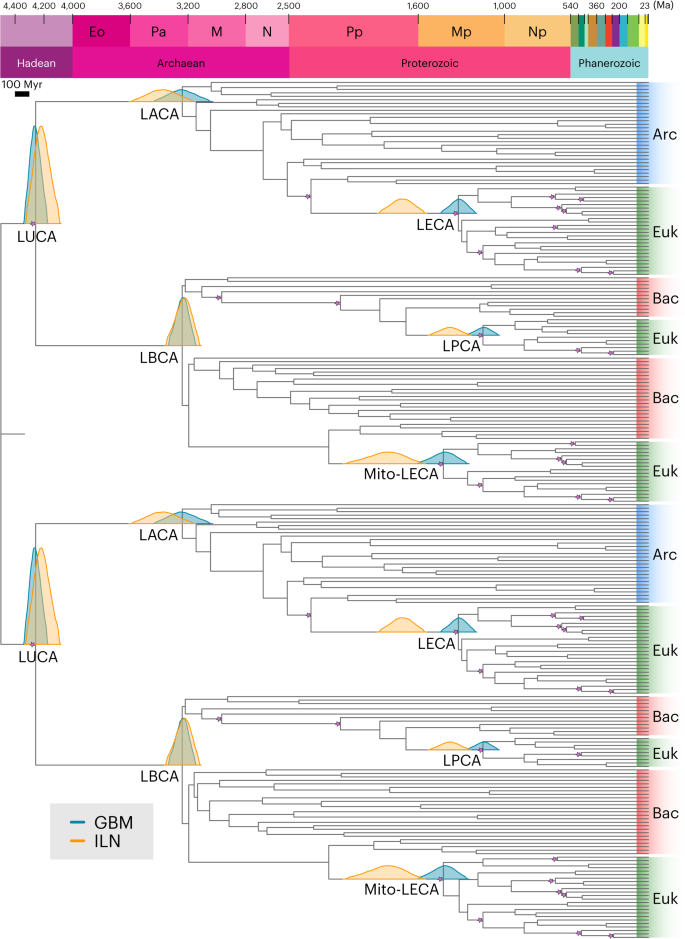2024-07-18 アリゾナ大学
<関連情報>
- https://news.arizona.edu/news/how-your-morning-oats-could-help-you-manage-your-weight
- https://www.sciencedirect.com/science/article/pii/S0022316624002803?via%3Dihub
植物性食物繊維が腸内細菌叢と代謝産物の変化を介して高脂肪食マウスの代謝ホメオスタシスに与える影響 Impact of Plant-Based Dietary Fibers on Metabolic Homeostasis in High-Fat Diet Mice via Alterations in the Gut Microbiota and Metabolites
Elizabeth J Howard, Rachel K Meyer, Savanna N Weninger, Taylor Martinez, Hallie R Wachsmuth, Marc Pignitter, Arturo Auñon-Lopez, Archana Kangath, Kalina Duszka, Haiwei Gu, Gabriele Schiro, Daniel Laubtiz, Frank A Duca
The Journal of Nutrition Available online: 10 May 2024
DOI:https://doi.org/10.1016/j.tjnut.2024.05.003

Abstract
Background
The gut microbiota contributes to metabolic disease, and diet shapes the gut microbiota, emphasizing the need to better understand how diet impacts metabolic disease via gut microbiota alterations. Fiber intake is linked with improvements in metabolic homeostasis in rodents and humans, which is associated with changes in the gut microbiota. However, dietary fiber is extremely heterogeneous, and it is imperative to comprehensively analyze the impact of various plant-based fibers on metabolic homeostasis in an identical setting and compare the impact of alterations in the gut microbiota and bacterially derived metabolites from different fiber sources.
Objectives
The objective of this study was to analyze the impact of different plant-based fibers (pectin, β-glucan, wheat dextrin, resistant starch, and cellulose as a control) on metabolic homeostasis through alterations in the gut microbiota and its metabolites in high-fat diet (HFD)-fed mice.
Methods
HFD-fed mice were supplemented with 5 different fiber types (pectin, β-glucan, wheat dextrin, resistant starch, or cellulose as a control) at 10% (wt/wt) for 18 wk (n = 12/group), measuring body weight, adiposity, indirect calorimetry, glucose tolerance, and the gut microbiota and metabolites.
Results
Only β-glucan supplementation during HFD-feeding decreased adiposity and body weight gain and improved glucose tolerance compared with HFD-cellulose, whereas all other fibers had no effect. This was associated with increased energy expenditure and locomotor activity in mice compared with HFD-cellulose. All fibers supplemented into an HFD uniquely shifted the intestinal microbiota and cecal short-chain fatty acids; however, only β-glucan supplementation increased cecal butyrate concentrations. Lastly, all fibers altered the small-intestinal microbiota and portal bile acid composition.
Conclusions
These findings demonstrate that β-glucan consumption is a promising dietary strategy for metabolic disease, possibly via increased energy expenditure through alterations in the gut microbiota and bacterial metabolites in mice.


